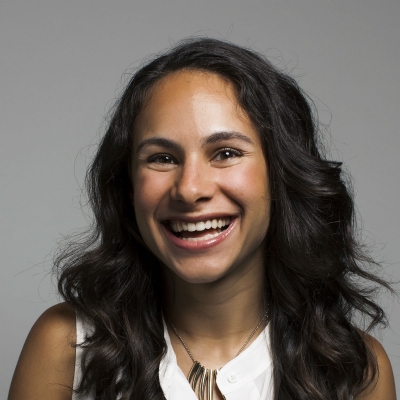Advertising News
E-Cigarette Brands Spend More on Advertising and Keep Careful Watch on Health Claims
January 02, 2012 05:00 AM
Featured Stories
How Jools Lebron’s ‘very demure’ viral catchphrase turned into a business model
Jools Lebron sat down with Ad Age after her fireside chat to pull back the curtain on how she’s evolving her approach to brand partnerships.




